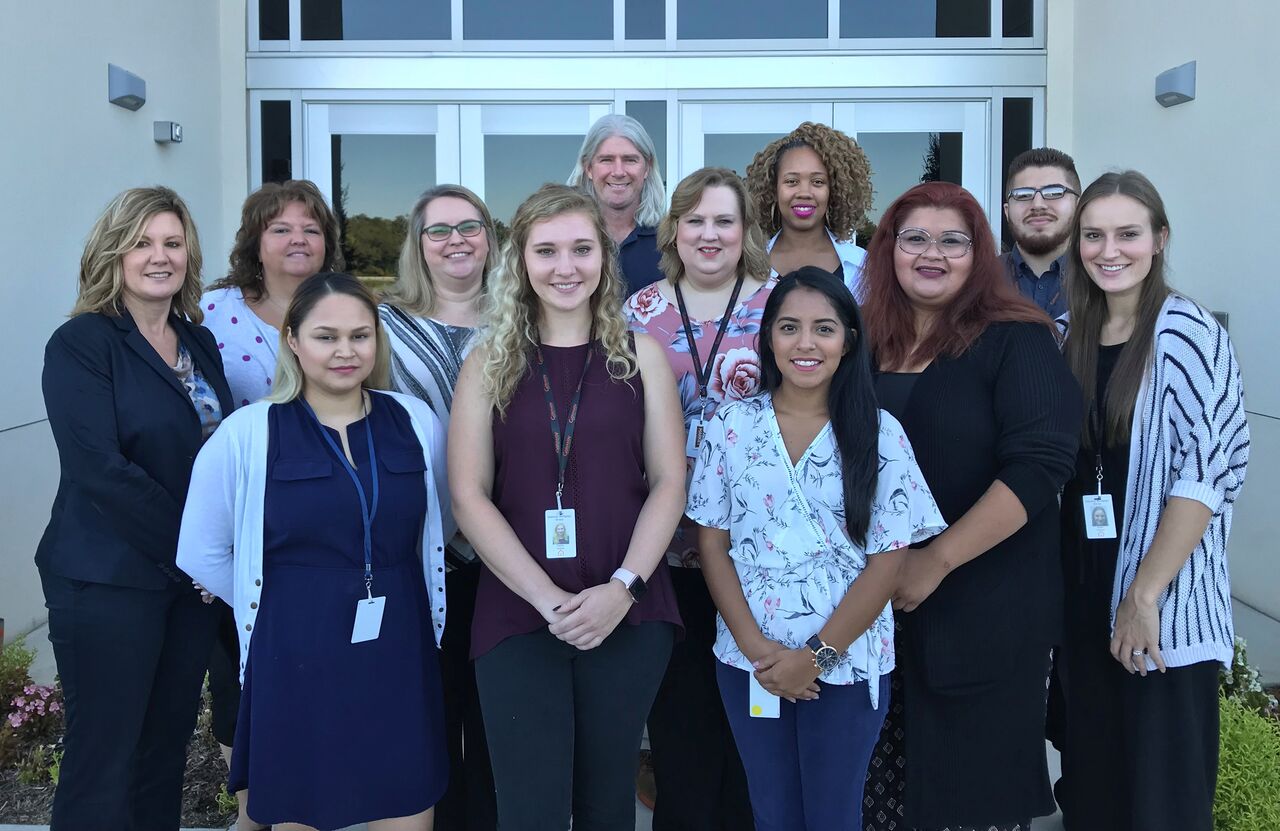

Healthy aging involves good habits like eating healthy, avoiding common medication mistakes, managing health conditions, getting recommended screenings, and being active. FDA has tips to help you age fabulously.
1. Eat a Healthy Diet
Good nutrition and food safety are especially important for older adults. As you age, you may be more susceptible to foodborne illness and food poisoning. You also need to make sure you eat a healthy, balanced diet. Follow these tips to help you make wise food choices and practice safe food handling.
- Food Safety Tips for Older Adults
- Eat for a Healthy Heart
- Sodium in Your Diet
- Using the Nutrition Facts Label
- Food Serving Sizes: Get a Reality Check
2. Avoid Common Medication Mistakes
Medicines can treat health problems and help you live a long, healthy life. When used incorrectly, medicines can also cause serious health problems. Use these resources to help you make smart choices about the prescription and over-the-counter medicines you take.
- 4 Tips to Help You Use Medicines Wisely (En Español)
- My Medicines – A Recordkeeper to help you keep track of your medicines (En Español)
- Medicines and You: A Guide for Older Adults
- Some Medicines and Driving Don’t Mix
- Information about Specific Drugs
- Tablet Splitting
- Buying Medicines Online
3. Manage Health Conditions
It is important that you work with your healthcare provider to manage health conditions like diabetes, osteoporosis, and high blood pressure. Learn more about the medicines and devices used to treat these common health problems.
- Heart Health for Women (En Español)
- High Blood Pressure (En Español)
- Women and Diabetes
- Women and Depression (En Español)
- Menopause (En Español)
- Osteoporosis (En Español)
- Coping with Memory Loss
- Hearing Aids
- Things to Consider when Using a Medical Device in Your Home
4. Get Screened
Health screenings are an important way to help recognize health problems — sometimes before you show any signs or symptoms. Ask your healthcare provider which health screenings are right for you and find out how often you should get screened.
- Mammograms (En Español) (Other Languages)
- Colon Cancer Screening (En Español)
- HIV Testing
- Other Screening Tests for Women
5. Be Active
Exercise and physical activity can help you stay fit and strong. You don’t have to go to a gym to exercise. Talk to your healthcare provider about safe ways that you can be active. Check out these resources from FDA and our government partners.
- Go4Life – An Exercise and Physical Activity Campaign from the National Institute on Aging
- Physical Activity for Women
- Be Smart about Treating Muscle Pains: Don’t Double Up on Acetaminophen (It is in medicines for muscle pains, headaches, colds, and fevers.)
Did You Know?
You can help improve treatments for health conditions that impact women by participating in a clinical trial. You could make a difference for yourself and for future generations.
Learn more about why older women should participate in clinical trials.









